At Google I/O 2025, the company unveiled major updates to its core search experience, marking a transformative shift in how users interact with search results. The standout announcement was the expansion of AI Overviews and the introduction of a dedicated AI Mode within Google Search. These innovations reflect Google’s push to stay competitive in the age of conversational and generative AI.
The 3 Faces of Google Search Today
Google’s search experience is now divided into three key pillars:
- Traditional Search with AI Overviews
This is the familiar Google search interface, now frequently enhanced by AI-generated summaries at the top of the page, called AI Overviews. These provide concise, AI-written answers to questions, sometimes before users even click a link. It’s designed to streamline discovery and reduce friction in information retrieval. - Gemini App (formerly Bard)
Google’s standalone chatbot experience, the Gemini app, functions similarly to ChatGPT. Available as a mobile app and web interface, it enables deeper, conversational-style interactions for users who want to explore ideas or get creative assistance outside the traditional search experience. - AI Mode in Google Search (New)
The most notable update is the rollout of AI Mode—a new tab within the Google Search interface. Previously tested in Search Labs, AI Mode allows users to ask complex, multi-step questions and receive synthesized answers. The experience draws on Google’s core search index, combining it with generative AI capabilities to produce cleaner, more focused results.
What Makes AI Mode Different?
AI Mode is designed to feel simpler and more streamlined than the standard search results page. It avoids clutter—no ads (for now), fewer distractions, and a focus on direct answers. When a user submits a query, AI Mode performs a “fan out” process, running dozens of searches across various sites to compile the best answers. For example, a query about a specific gym memberships might trigger 70+ source lookups behind the scenes.
While it’s still early, Google demonstrated how AI Mode could even combine niche data (like advanced baseball stats) into interactive charts—showcasing the platform’s future potential.
Implications for SEO and Content Publishers
These shifts have major implications for SEO and content strategy. AI-generated summaries may reduce click-through rates, and the cleaner interface may prioritize aggregated content over individual links. At the same time, Google’s AI still relies heavily on web content to train and reference answers, making high-quality, well-structured content more important than ever.
Though monetization hasn’t yet been introduced in AI Mode, it’s likely to evolve as Google balances user experience with revenue models. The SEO landscape will need to adapt quickly as Google blends traditional and AI-powered search into a unified experience.
Google is redefining how users interact with information online. For brands, businesses, and SEO professionals, staying informed and agile will be key as search transitions from a list of links to a more dynamic, AI-driven dialogue.

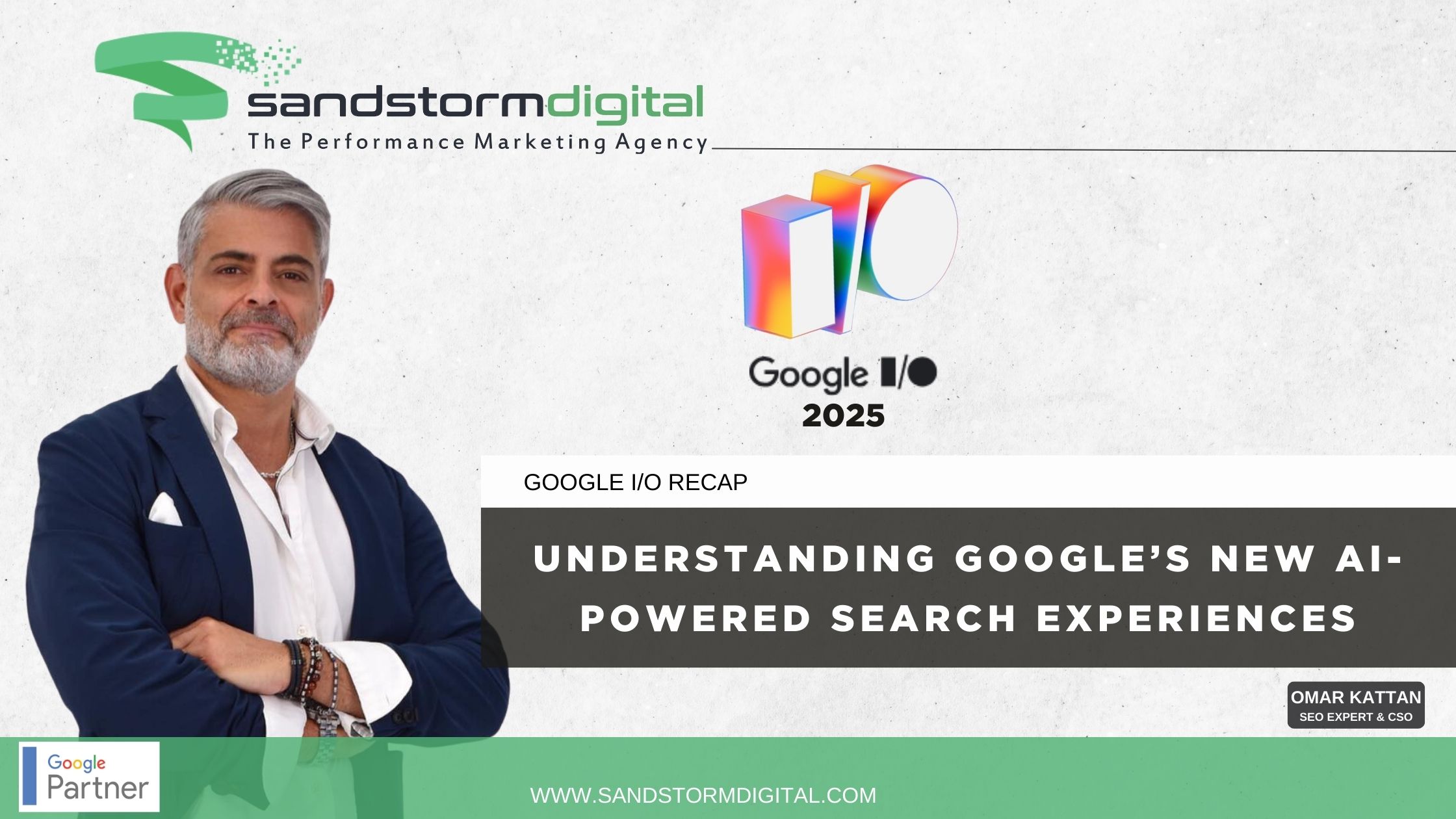
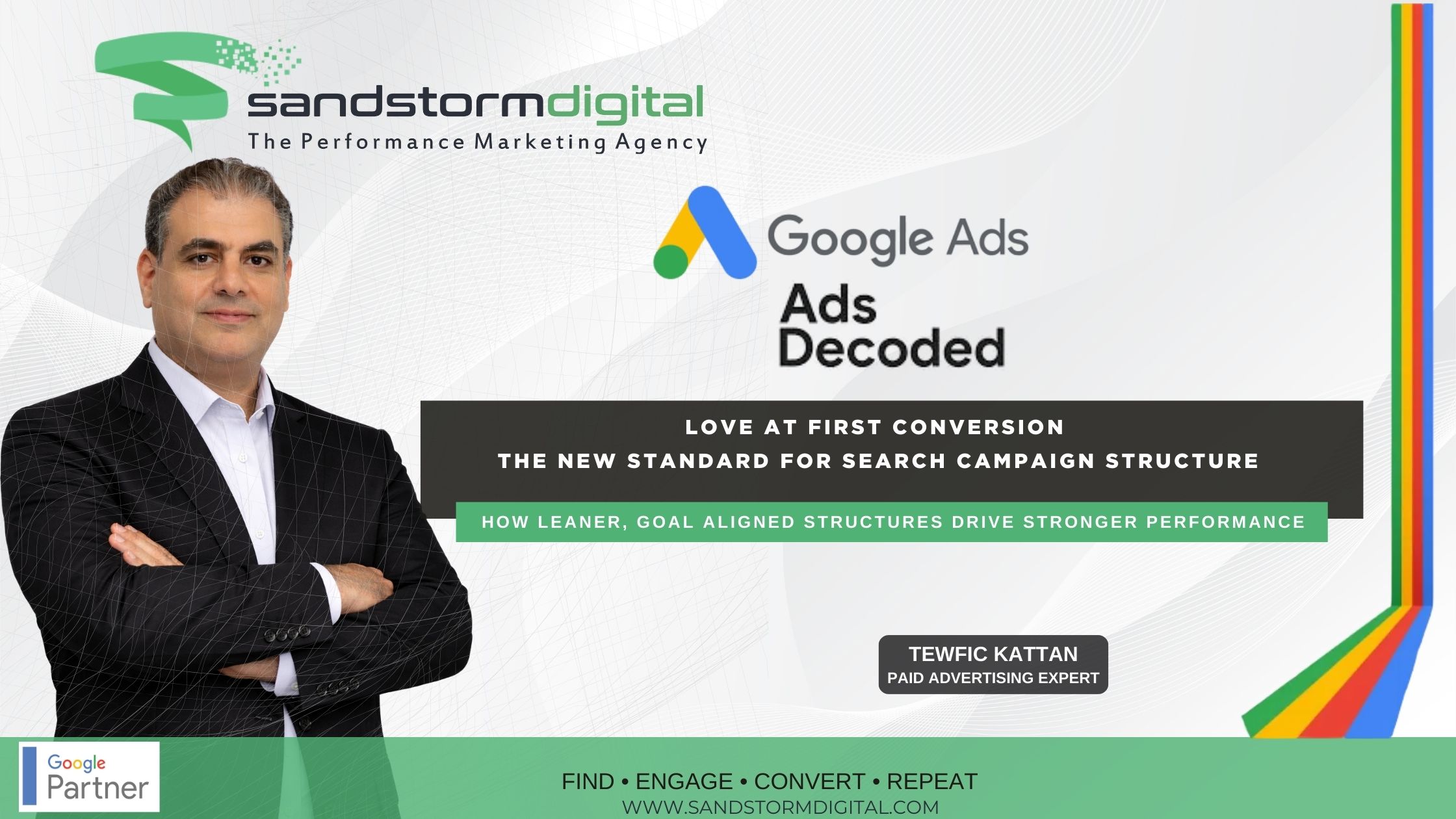


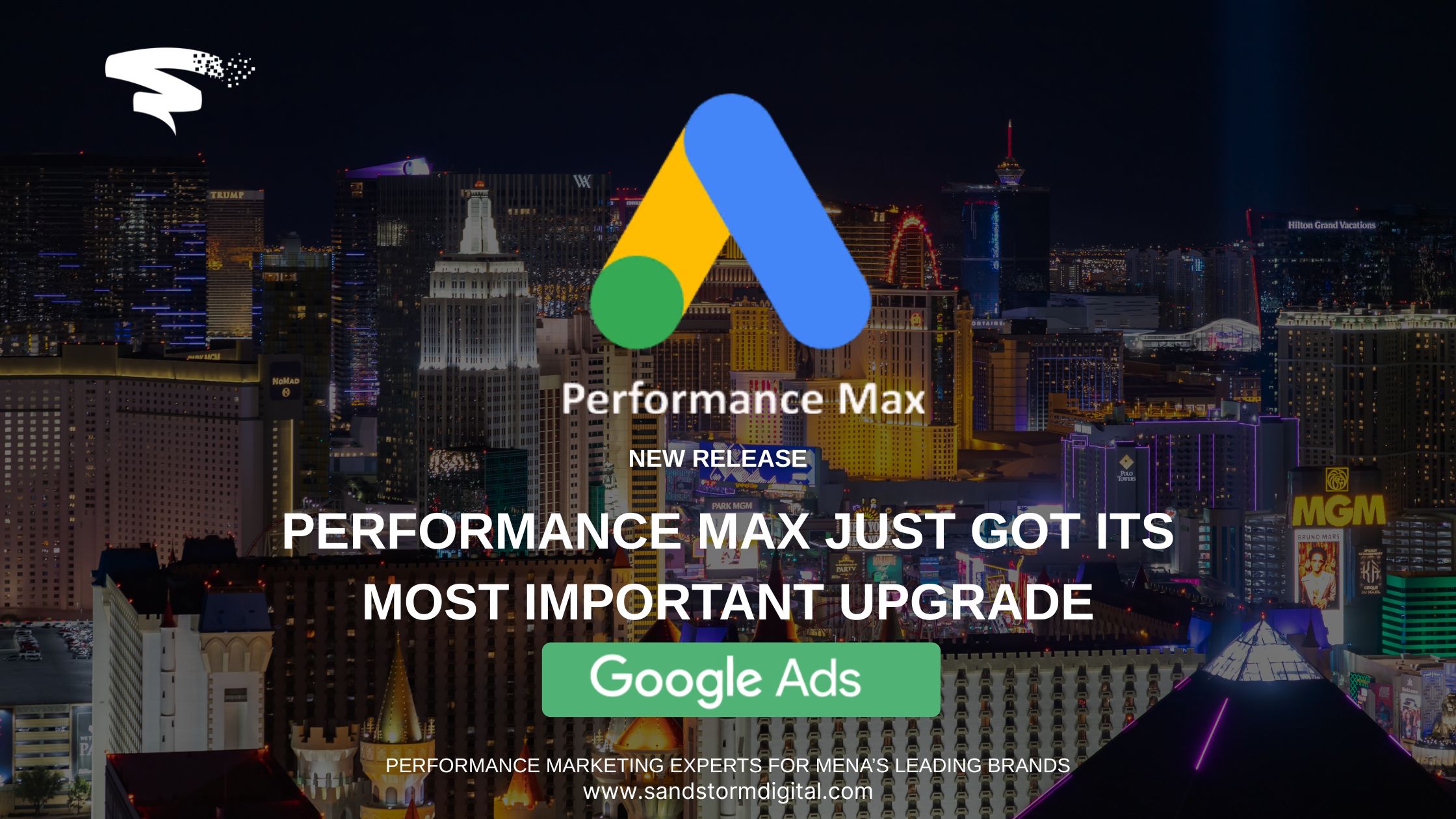
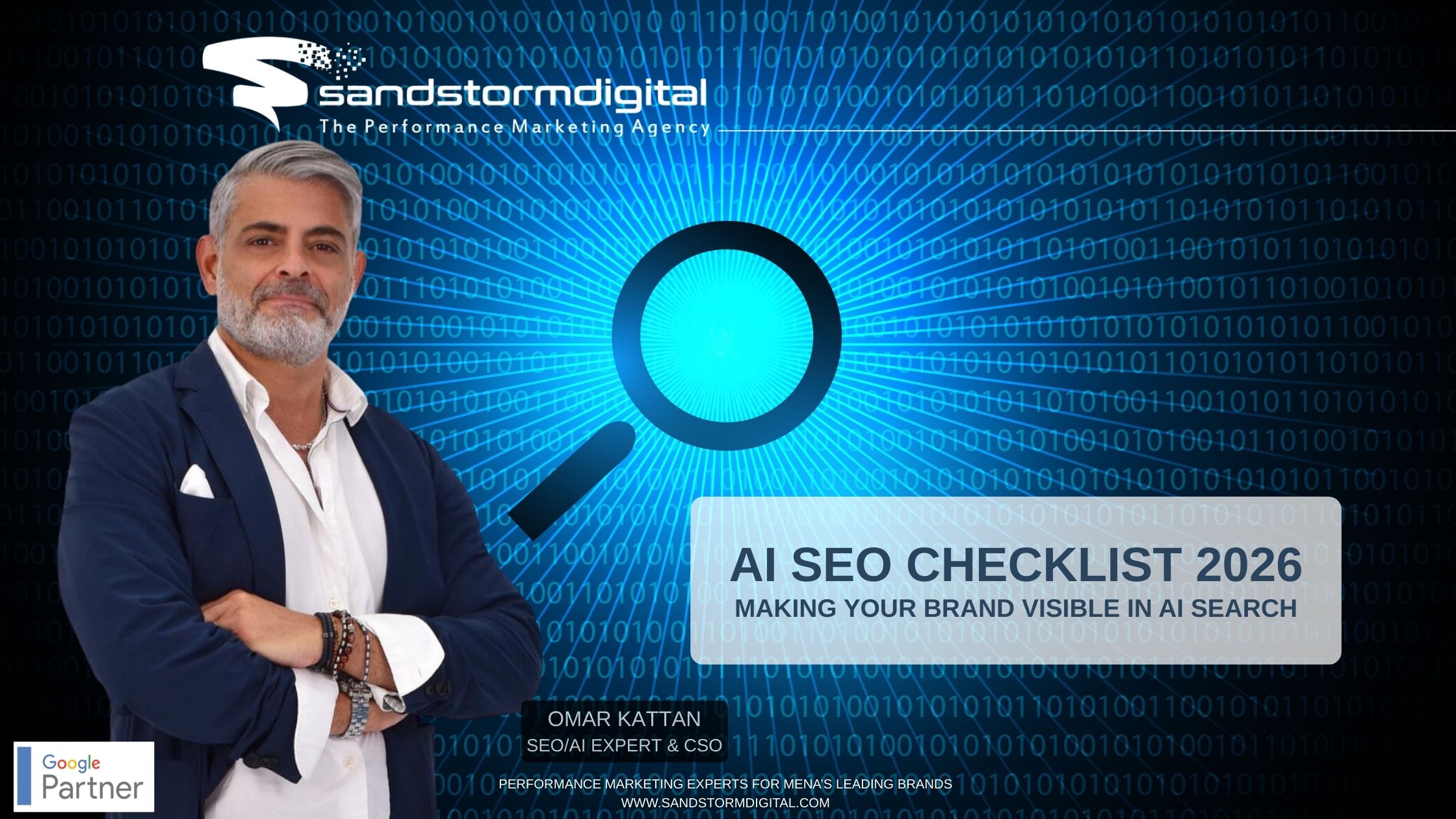


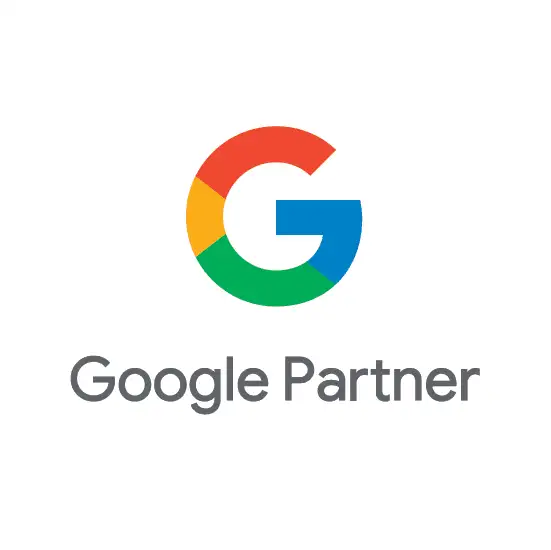

2 Responses
Very informative blog thanks for it.
We’re glad you found this useful, Hammad.